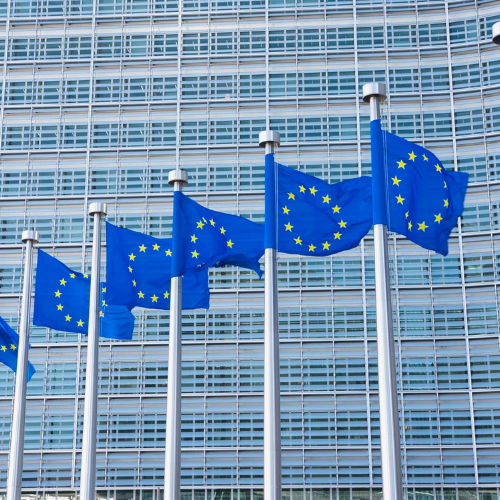Sudan has strongly criticized recent sanctions imposed by the European Union (EU) on key leaders in the country’s military intelligence. The EU, on December 16, 2024, announced measures targeting four Sudanese individuals, including the head of military intelligence, Lieutenant General Mohamed Ali Ahmed Sabir. The EU claimed that these leaders were involved in serious human rights abuses during Sudan’s ongoing conflict, which has caused widespread suffering.
The Sanctions and Their Claims
The European Union sanctions focused on four individuals, including Lt. Gen. Mohamed Ali Ahmed Sabir, who heads Sudan’s military intelligence. The EU accused him of being responsible for significant human rights violations, including harassment, arbitrary arrests, and detention of members of civil society. They also linked him to acts of sexual and gender-based violence, as well as torture.
In addition to Sabir, the sanctions also targeted other Sudanese figures, including Salah Abdallah “Gosh,” the former head of Sudan’s National Intelligence and Security Service (NISS). Two commanders of the Rapid Support Forces (RSF), Osman Hamed and al-Tajani Karshom, were also included on the list. These sanctions freeze any assets the individuals may have in the EU and prevent them from traveling to EU countries.
The EU’s decision came after continued violence and turmoil in Sudan, where the military and various groups have been involved in brutal fighting. The EU’s actions were meant to hold certain individuals accountable for their alleged involvement in human rights abuses during this crisis.
Sudan Responds Strongly
In response to these sanctions, Sudan’s government has strongly rejected the EU’s claims, calling them “baseless” and accusing the EU of a “flawed and defective approach” to the situation in Sudan. The Sudanese foreign ministry issued a statement condemning the sanctions, arguing that the EU was unfairly punishing the country’s military leaders without understanding the complexities of the conflict.
Syria’s Struggle: UN Demands End to Crushing Sanctions
Sudan’s officials say that the sanctions ignore the reality on the ground, where, according to them, one side of the conflict is made up of foreign mercenaries fighting to destroy Sudan. They claim that this group has been carrying out atrocities, such as ethnic cleansing, sexual violence, and the destruction of Sudan’s infrastructure and culture. The Sudanese government believes it is performing its constitutional duty by defending the country against these attacks.
In their statement, Sudan also criticized the EU for not taking action against the regional sponsors of the militia groups involved in the violence. These sponsors, Sudan claims, provide weapons and support to groups fighting in Sudan, including foreign mercenaries who attack civilians and displaced people. The Sudanese government particularly pointed to attacks on displaced people in places like the Zamzam camp in North Darfur and villages in Al Jazirah state.
The EU’s Neutrality and Sudan’s Criticism
One of the most significant parts of Sudan’s criticism was directed at what it sees as the EU’s false claim of neutrality. The Sudanese government argues that while the EU claims to be neutral between the warring sides, it is overlooking the reality that one side of the conflict includes foreign mercenaries who are carrying out a genocide and other forms of violence against Sudanese civilians. According to Sudan, the EU is failing to recognize the true nature of the war, in which foreign forces are causing widespread harm.
Sudan also accused the EU of ignoring the involvement of regional actors who support the militias fighting in Sudan. These sponsors, the Sudanese government claims, send advanced weapons and mercenaries to Sudan to assist in killing civilians and causing widespread destruction. This accusation suggests that the EU’s sanctions are not addressing the broader forces contributing to the conflict.
The Sudanese government called on the EU to reverse its decision and reconsider its approach to the ongoing crisis. Sudan urged the European Union to take a more supportive stance toward the country in its battle against what it describes as aggression and terrorism from these foreign-backed groups.


